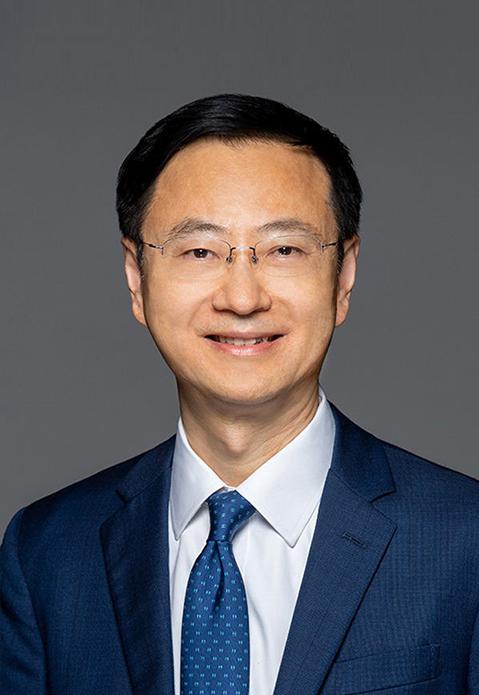Institute of Systems Medicine and Health Sciences
Solving Medical Challenges for Improving Human Health.
About Us
The development of systems biology has laid the foundation for the development of a modernized Chinese medicine that combines omics sciences and artificial intelligence approaches with personalized disease prediction and prevention. The future of traditional Chinese medicine will thus be undergoing a transition from a reactive to a proactive mode focusing on health and wellness rather than on disease. Therefore, we establish the Institute of Systems Medicine and Health Sciences (SMHS) as an innovative research hub that integrates the wisdom of TCM with the cutting-edge technologies of systems biology for nurturing interdisciplinary talents and boosting drug discovery and diagnostic product development.
Research carried out in the institute will involve and integrate data from molecules, cells, as well as studies of both structure and dynamics of interacting nodes, forming networks at multiple levels of a multidimensional matrix, including molecular, cellular, organ, person, family, community, society, and environment. We propose a holistic approach that encourages researchers, healthcare educators, Chinese medicine practitioners, clinicians and healthcare leaders to consider a more systems-based view of the individual (as an environmentally-influenced, complex biological system). When aggregated, such personal information may better explain population diversity (and population medicine), and thereby, help achieve more accurate diagnostic, efficacious therapeutic outcomes for all.
People
Our Transdisciplinary Research Team
Prof LYU Aiping
Director
Prof JIA Wei
Associate Director
Prof LIU Jiming
Associate Director
SMHS integrate scientists with expertise in Chinese Medicine, Biology, Computer Science, Chemistry, Physics, etc. .
Our Research Areas
Systems Medicine
Toward the modernization of Tradition Chinese Medicine
Drug Discovery
Toward the modernization of Tradition Chinese Medicine
Our Research on contributing Chinese Medicine Modernisation
SMHS is committed to improve health and wellness by integrating the wisdom of Traditional Chinese Medicine with the cutting-edge technologies of Systems Biology.
100+
Million Funding
100+
Publications
60+
Patents
30+
Scientists and Collaborators
Join Us
Develop your career with the most skillful team. Let’s build something great together.
We are integrating the current three research clusters of strength (Translational CM Research, Precision CM Research, and Standardization of CM), Recruiting talented researchers and students from around the world. Establishing a cutting-edge platform of phenomics, metabolism, immunology, chemical biology, big data science, and artificial intelligence, and developing global reputation and leadership in the focused research areas.


